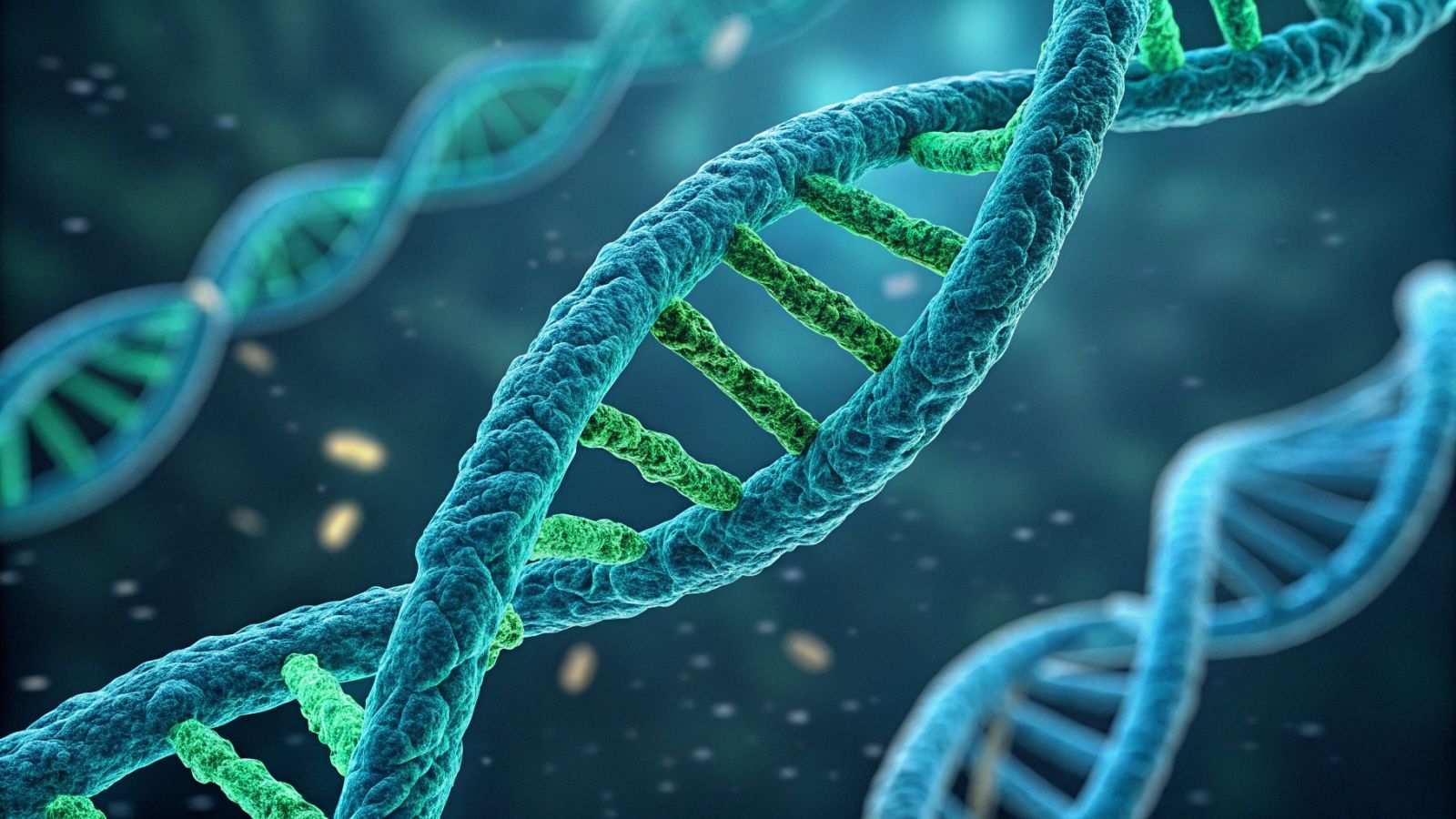Follow us on Google News (click on ☆)

Current gene therapy approaches offer promising prospects but come with limitations. Some techniques, like CRISPR molecular scissors, can only correct point mutations. Other methods, particularly those using modified viruses as vectors, do introduce complete genes but without precise control over their location in the genome. A new device called evoCAST combines precision with the ability to integrate long DNA segments.
A solution for certain diseases
Diseases like cystic fibrosis often result from thousands of different mutations. Traditional approaches require as many specific treatments. EvoCAST bypasses this complexity by directly adding a healthy copy of the gene, regardless of the original mutation.
This system is inspired by natural mechanisms in bacteria, where "jumping genes" move within the genome. Unlike traditional CRISPR, which cuts DNA—an operation that can lead to unwanted mutations during cellular repair—evoCAST inserts genes without creating breaks, thus minimizing accidental genome alterations.
Early versions were inefficient, but a lab-accelerated evolution technique improved their performance. Today, evoCAST achieves an editing rate of 30 to 40% in treated cells, a significant step forward for clinical applications.
But technical hurdles remain
While evoCAST works well in the lab, its use in humans still requires adjustments. One major challenge is targeted delivery to the relevant cells, an obstacle shared by many gene therapies.
Researchers are also exploring its potential for other applications, such as producing CAR-T cells against cancer. Its effectiveness varies by cell type, requiring further optimization.
Nevertheless, evoCAST represents a promising alternative to existing methods. Its development could standardize the treatment of genetic diseases, regardless of the diversity of underlying mutations.